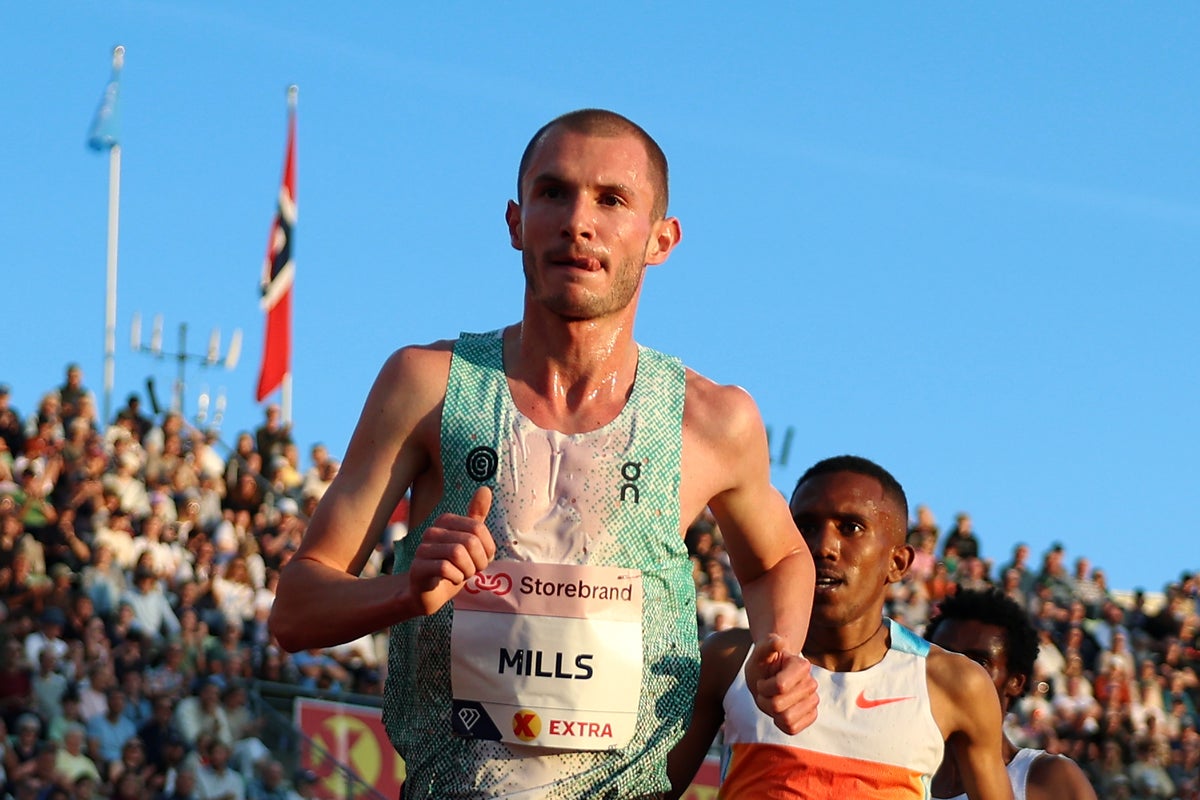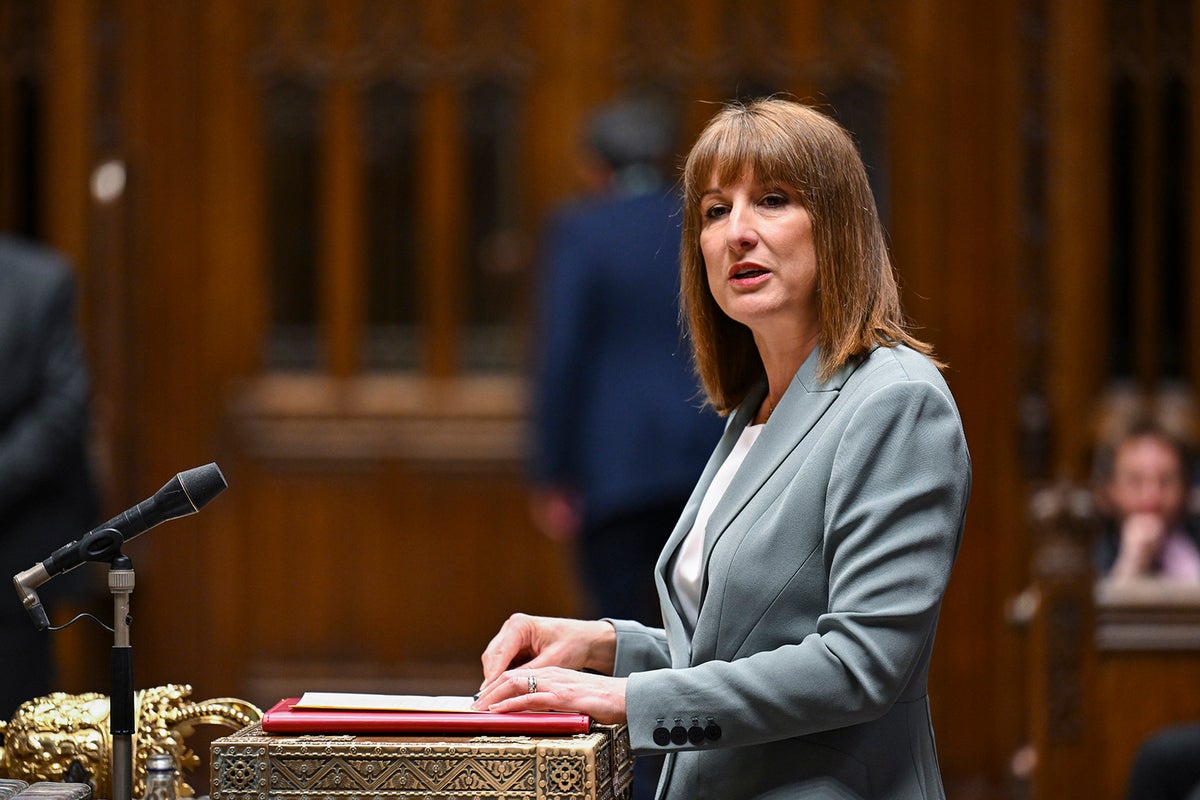Almost a quarter of the overseas aid budget will be spent on asylum accommodation in the UK next year while overall spending suffers dramatic cuts.
This will leave the Foreign, Commonwealth and Development Office (FCDO) with less money to spend on projects that treat the biggest causes of child mortality and to pay into global systems that fund vaccines and treatments for HIV, TB and malaria.
Delivering her spending review plans to MPs on Wednesday, chancellor Rachel Reeves said the government planned to end the “costly” use of hotels for asylum-seekers by July 2029, which is paid for from the overseas aid budget. But a rule change means any savings will not be used to top up overseas spending.
Twenty-one per cent of the aid budget was spent on asylum hotels and other housing costs for refugees in 2024/25, which is due to increase to 23 per cent next year, as overall funding for aid is reduced.
“Not only is Keir Starmer the first Labour Prime Minister on record not to increase aid spending, but he is on course to deliver the most severe cut to aid investment in other countries in decades – going further than Thatcher, Major, Johnson or Sunak ever did,” said Adrian Lovett, executive director of the ONE Campaign, a charity which works to end poverty in Africa.
Ms Reeves confirmed plans announced by the prime minister in February to cut aid spending from 0.5 per cent to 0.3 per cent of the UK’s gross national income (GNI) – a measure of the nation’s total wealth – amount to a 40 per cent reduction in funding.

What was revealed today was how the money would be shared out between different departments: the FCDO which mainly spends money on projects in developing countries, and the Home Office and other departments which pay for refugee costs in the UK.
The Home Office is set to receive £5.8bn over the next three years in total to pay for refugee accommodation, while the FCDO receives £19.9bn to pay for overseas development.
The bigger the share of the aid budget allocated to the Home Office, based on what the government thinks it might spend on costs including asylum accommodation, the less is available to spend on addressing global challenges.
Asylum housing ‘disaster’
The charity Refugee Action described the asylum housing system as a “disaster”.
“The cost to the taxpayer has skyrocketed and money stripped from the [aid] budget while people seeking safety have been put in properties that are segregated and threaten their health,” Refugee Action’s head of campaigns Asli Tatliadim said.
Instead, refugees and asylum-seekers should be provided with more appropriate and more affordable housing within communities, the charity said.

After next year, the share of aid spending on refugee costs will start coming down but this won’t benefit aid projects, at least in the short-term. A rule change means any saving won’t be used to top up overseas spending, at least over the next three years.
Previously, when the Home Office overspent on refugee costs the FCDO would have to find the extra money to cover it. But if it underspent from its share of the aid pot, that money would be sent back to the FCDO. Now any savings it will go back into Treasury coffers.
‘Stealth cut’
The chancellor said on Wednesday that refugee-related costs would drop by £1bn a year. But Gideon Rabinowitz, director of policy and advocacy at Bond, a network of development organisations, said there seemed to be a “contradiction” between this claim and the “relatively small reduction in planned [development] spending on these costs” .
“This raises concerns that the Treasury may be keeping the additional savings for itself, effectively creating a hidden ‘stealth cut’ to the [aid] budget that could push it below 0.3 per cent”. That’s the minimum the government has said it will spend.
Bond welcomed the plan to end hotel use by the end of this Parliament, but it had hoped the government would go further. Along with more than 100 partner aid organisations, in April Bond called on the government to use a break clause in its hotel contracts to end them next year.
The UK is not alone in cutting its aid budget. Several rich countries have announced cuts to their development spending in recent months, alongside a shift to spending more on defence.
But it’s the US that has stood out in the sheer scale of its cuts, which are already having wide-ranging destructive effects, from leaving millions on the brink of famine, to derailing the end of the AIDS pandemic, driving millions of preventable deaths.
The UK, as one of the biggest spenders on global health, is actually quite well placed” to fill the vacuum left by the US, Pete Baker, deputy director of global health policy at the Center for Global Development said.
“I think that lack of leadership right now is very painful.”
This story is part of The Independent’s Rethinking Global Aid project



